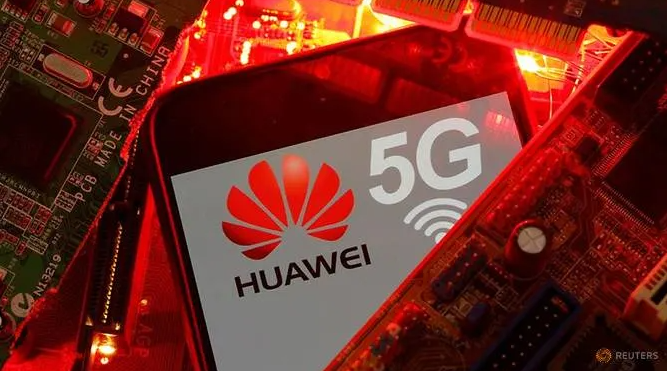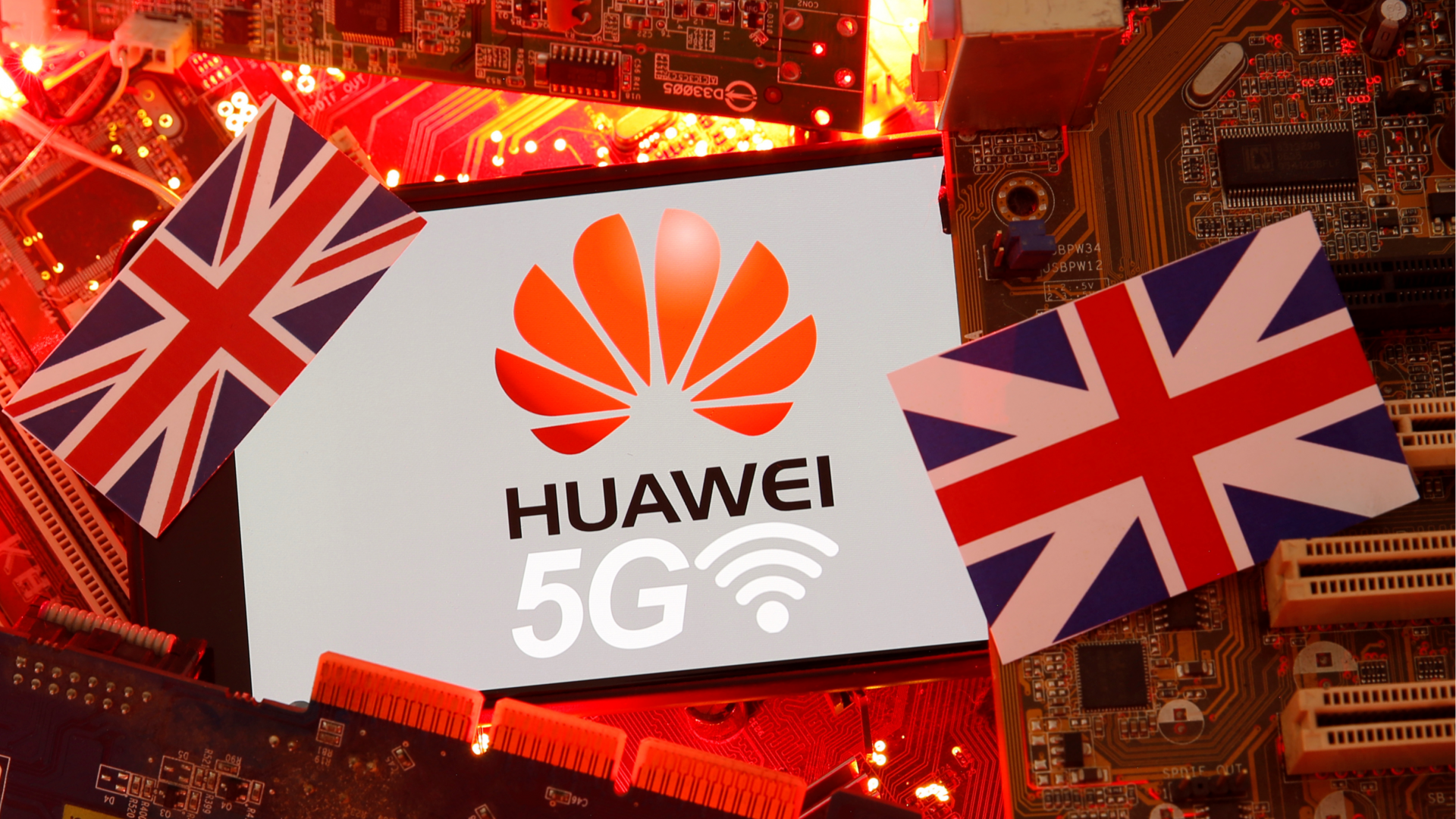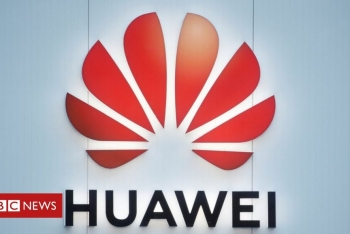US adds dozens of Chinese firms to blacklist
| Sweden bans Chinese firms Huawei and ZTE from 5G networks | |
| UK lawmakers warns Huawei about being axed for colluding with Beijing | |
| How much trouble is Chinese firm Huawei involved in? |
Reuters first reported the addition of SMIC and other companies earlier on Friday. The move is seen as the latest in Republican Trump’s efforts to burnish his tough-on-China image as part of the lengthy fight between Washington and Beijing over trade and numerous economic issues.
The U.S. Commerce Department said the action against SMIC stems from Beijing’s efforts to harness civilian technologies for military purposes and evidence of activities between SMIC and Chinese military-industrial companies of concern.
The Commerce Department will “not allow advanced U.S. technology to help build the military of an increasingly belligerent adversary,” Secretary Wilbur Ross said in a statement.
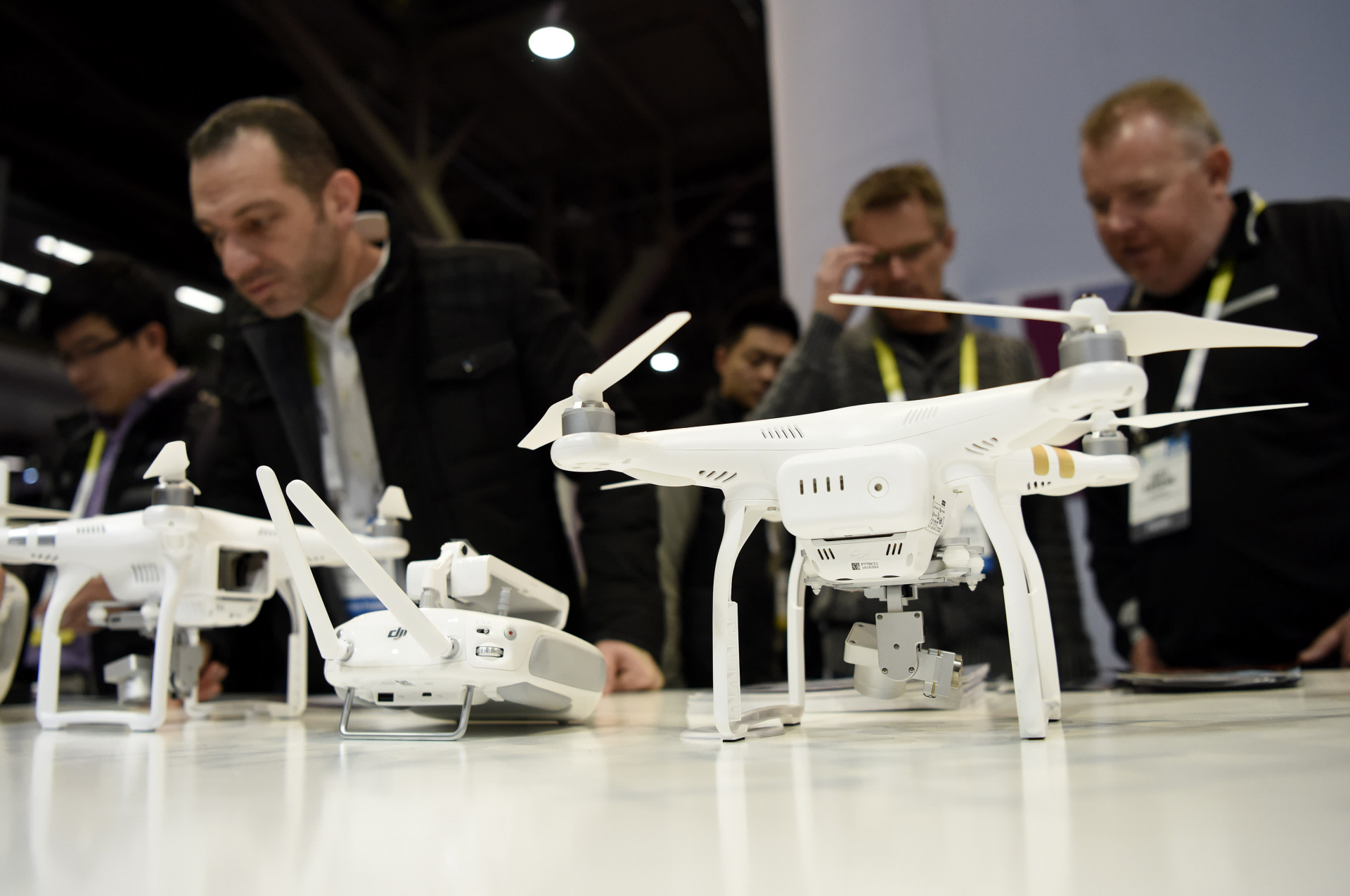 |
| SZ DJI Technology Co has been put in the US govt’s economic blacklist. Photo: CNBC |
The official said DJI, the world’s biggest drone maker which has a dominant market share in the US, had been added because its products were used to enable human rights abuses in China and elsewhere.
Beijing Institute of Technology, China Communications Construction Company, and more than a dozen research institutes connected to the China State Shipbuilding Corporation were also added to the list. The actions mirror earlier restrictions on Chinese technology companies, such as Huawei and Hikvision, the surveillance camera manufacturer.
“The United States will use all countermeasures available, including actions to prevent (Chinese) companies and institutions from exploiting U.S. goods and technologies for malign purposes,” Secretary of State Mike Pompeo added in a separate release.
But some lawmakers, industry executives, and former officials raised questions about the impact of Friday’s move against SMIC. Generally, entity-listed companies are required to apply for licenses from the Commerce Department that face tough scrutiny when they seek permission to receive items from U.S. suppliers.
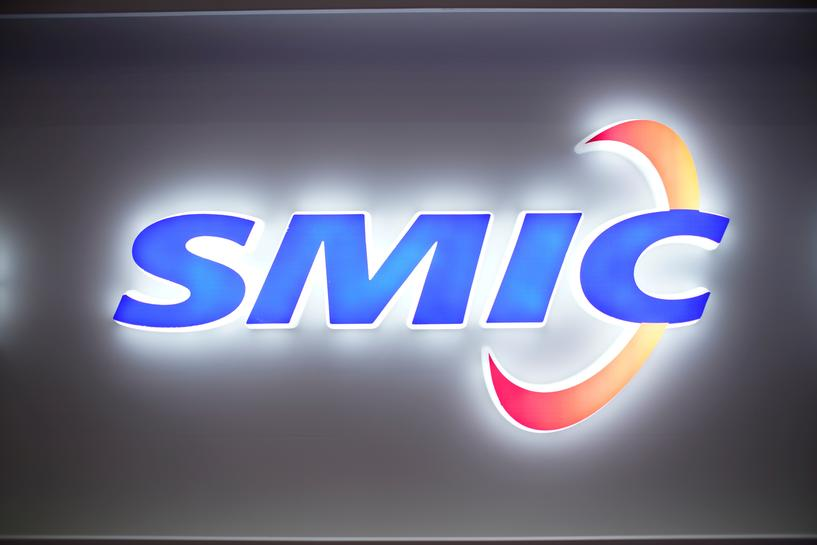 |
| A logo of Semiconductor Manufacturing International Corporation (SMIC) is seen at China International Semiconductor Expo (IC China 2020) in Shanghai, China October 14, 2020. Photo: Reuters |
But SMIC will only face a tough review standard when it seeks licenses for highly advanced U.S. chipmaking equipment at 10 nanometers or below. Licenses for all other items shipped to the company will be reviewed on a case-by-case basis, the Commerce Department said.
“It’s a nice (public relations) line: ‘We’re putting it on this bad guys’ list,” said William Reinsch, a former Commerce Department official, who said he imagines the agency was already blocking shipments of such technology to SMIC. “As a practical matter ... it doesn’t change anything.”
Republican Congressman Michael McCaul, ranking member of the House Foreign Affairs committee echoed Reinsch’s comments, saying he feared the rules were more “bark than bite.” “I have concerns it undermines the intent and may create an exception for malign actors to evade U.S. export controls,” he said in a statement.
The Commerce Department released a list of 77 companies and affiliates to the so-called entity list, including 60 Chinese companies.
The designations by the Commerce Department include some entities in China that allegedly enable human rights abuses and some helping it construct and militarize artificial islands in the South China Sea, the agency said.
It also cited entities that acquired U.S.-origin items to support the Chinese military and those engaged in the theft of U.S. trade secrets.
Companies previously added to the list include telecoms equipment giants Huawei Technologies Co and 150 affiliates, and ZTE Corp over sanction violations, as well as surveillance camera maker Hikvision over suppression of China’s Uighur minority.
| SMIC had already been in Washington’s crosshairs. In September, the Commerce Department mandated that suppliers of certain equipment to the company apply for export licenses after concluding there was an “unacceptable risk” that equipment supplied to it could be used for military purposes. SMIC has repeatedly said that it has no relationship with the Chinese military. SMIC is the largest Chinese chip manufacturer but trails Taiwan Semiconductor Manufacturing Co, the industry’s market leader. It has sought to build out foundries for the manufacture of computer chips that can compete with those of TSMC. |
China slams US move to blacklist Chinese firms
‘Beijing will take necessary countermeasures to ensure its companies' legitimate rights,' says Foreign Ministry spokesman.
China on Friday said it will “take all necessary measures” to protect its companies amid the US' move to blacklist several of them.
“China urges the US to stop the unjustified crackdown on Chinese enterprises,” Chinese Foreign Ministry spokesman Wang Wenbin said addressing a news conference in Beijing, according to China’s state broadcaster CGTN.
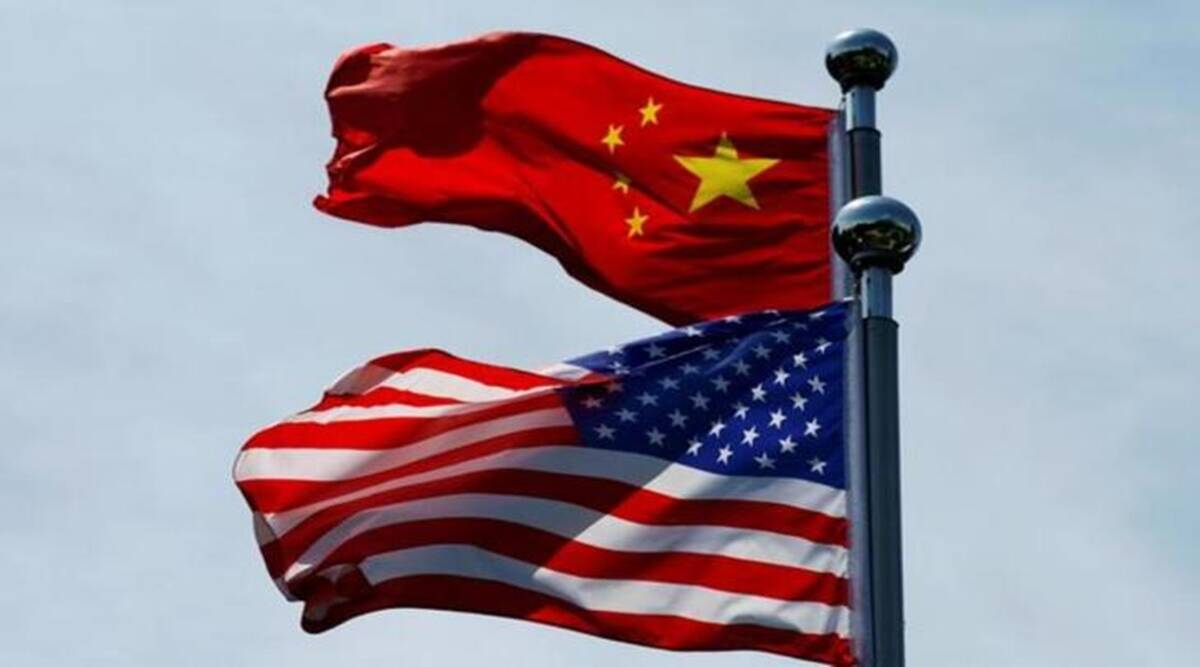 |
| China slams the US move to blacklist Chinese firms Photo: Indianexpress |
“The US politicized economic and trade issues, which violates international trade rules,” Wang said.
The Chinese Foreign Ministry official was reacting to media reports that Washington will “add dozens of Chinese companies, including the country’s top chipmaker Semiconductor Manufacturing International Corporation, to a trade blacklist on Friday.”
“The US not only harmed the legitimate rights and interests of Chinese companies but also injured the interests of US companies,” Wang rued.
“Beijing will continue to take necessary countermeasures to ensure its companies' legitimate rights and interests,” he added.
“The US move is the latest example of the US using state power to crack down on Chinese companies.”
| Donald Trump last month signed an executive order prohibiting US investors from holding shares in companies with suspected ties to the Chinese military, in his first big foreign policy action since losing the presidential election to Joe Biden. The measure would prevent US citizens and companies from conducting new transactions in shares of the targeted companies from January 11, nine days before Mr. Biden will be inaugurated as the 46th US president. Investors who currently hold shares in the designated companies would have until November 2021 to divest them. “The president’s action serves to protect American investors from unintentionally providing capital that goes to enhancing the capabilities of the People’s Liberation Army and People’s Republic of China intelligence services, which routinely target American citizens and businesses,” said Robert O’Brien, the US national security adviser. |
| Ties between Washington and Beijing have grown increasingly antagonistic over the past year as the world’s top two economies sparred over Beijing’s handling of the coronavirus outbreak, imposition of national security law in Hong Kong, and rising tensions in the South China Sea. |
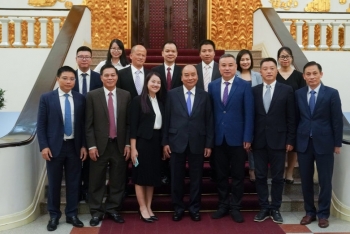 | PM welcomes Chinese firms to invest in Vietnam On June 12, Prime Minister Nguyen Xuan Phuc hosted a reception in Hanoi for Chinese businesses leaders who are investing in garment and textile, high-quality ... |
 | Vietnamese, Chinese firms ink watermelon trade deals Enterprises of Vietnam and China have signed principle contracts on watermelon trade in 2018 and the following years at a conference held in the central ... |
| Vietnamese, Chinese firms transfer technology Vietnamese and Chinese enterprises signed agreements on transferring technology at a workshop held in Ho Chi Minh City on July 30. |
Recommended
 World
World
Pakistan NCRC report explores emerging child rights issues
 World
World
"India has right to defend herself against terror," says German Foreign Minister, endorses Op Sindoor
 World
World
‘We stand with India’: Japan, UAE back New Delhi over its global outreach against terror
 World
World
'Action Was Entirely Justifiable': Former US NSA John Bolton Backs India's Right After Pahalgam Attack
Popular article
 World
World
Nifty, Sensex jumped more than 2% in opening as India-Pakistan tensions ease
 World
World
India strikes back at terrorists with Operation Sindoor
 World
World
India sending Holy Relics of Lord Buddha to Vietnam a special gesture, has generated tremendous spiritual faith: Kiren Rijiju
 World
World

